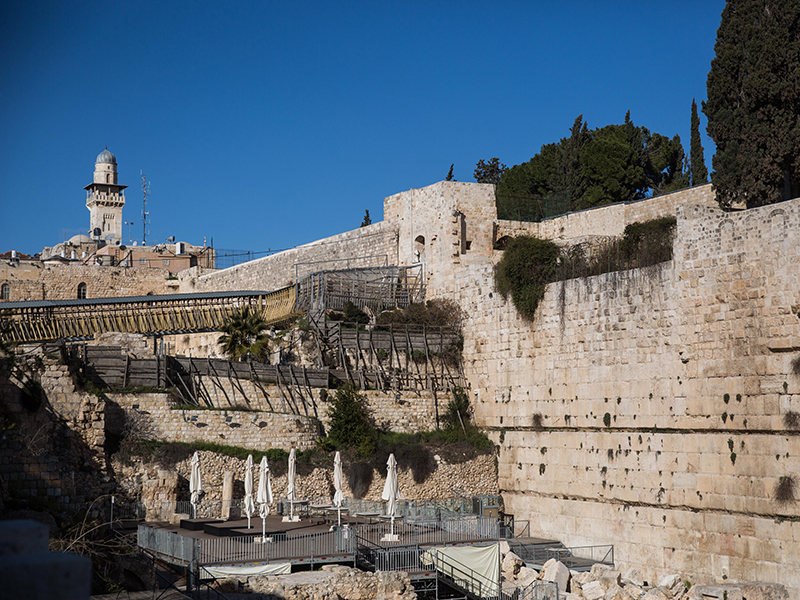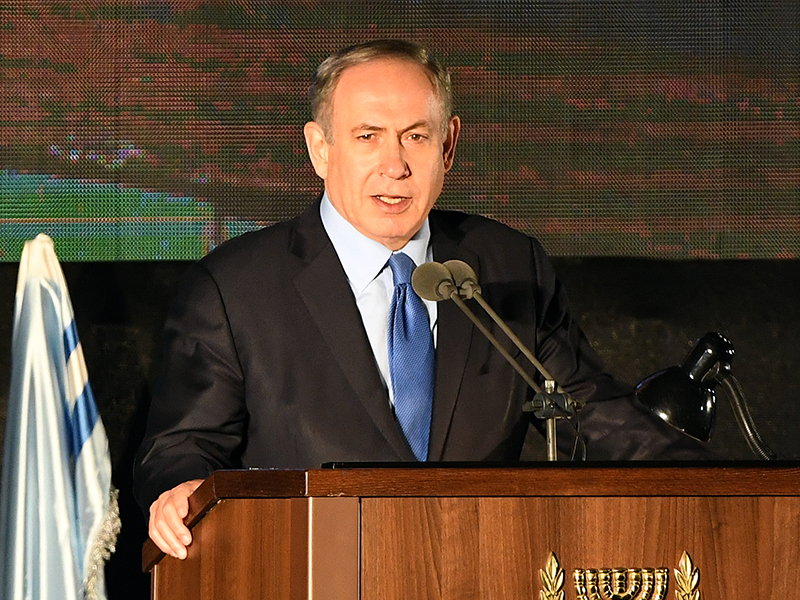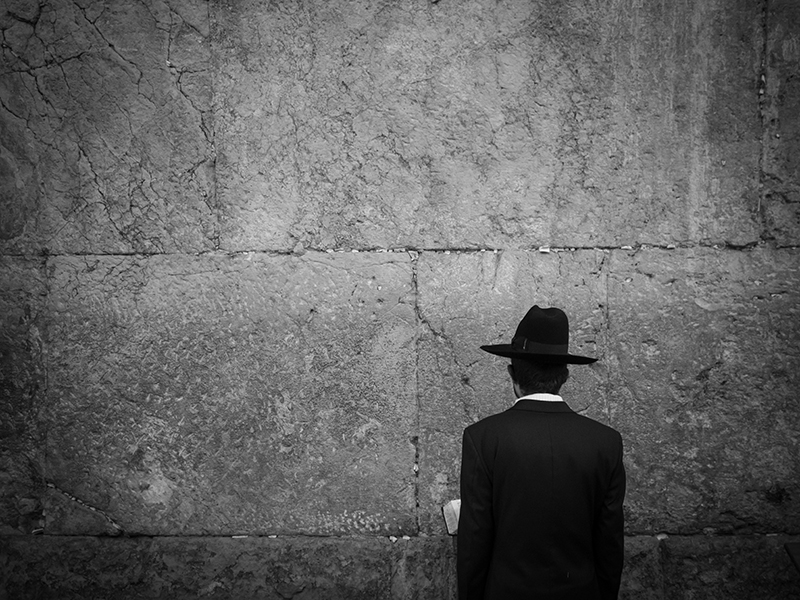The late Abba Eban observed that countries do the right thing, after they have exhausted every other alternative. With regard to the Kotel and the law on conversions, the Israeli government is still in the “every other alternative” stage.
Certainly that is how it appeared to me when the Jewish Agency for Israel (JAFI) board of governors met on June 27 with the Knesset Jewish Unity Caucus, which brings together Knesset members from several parties working to strengthen Israel-Diaspora ties. The 150-minute session featured JAFI chair Natan Sharansky, leaders of American federations and the Conservative and Reform religious streams, Anat Hoffman of the Women of the Wall and around 30 MKs from parties ranging from Likud to Meretz. None of the religious parties were represented.
The rhetoric varied in temperature, among both the visitors and Knesset members. Coalition MKs were more measured, while their opposition counterparts were more outspoken. Yet, in substance, there was little difference. Every speaker, including several Likud members, made plain their support for the compromise agreement that had been reached on the Kotel, and those who touched on the restrictive bill on conversions expressed their opposition.
READ: HOW NETANYAHU DEFENDED SUSPENDING THE WESTERN WALL AGREEMENT
Only one time did what we think of as traditional Knesset behaviour intrude. One Likud MK said that the Kotel issue was not political, by which I think he meant that support for the compromise crossed party lines. Opposition MKs exploded with shouts and coalition MKs shouted back. Minutes later, one of the initiators of the shouting suggested that the entire room join in signing Hinei Ma Tov uMa Na’im, a song extolling unity. The singing and swaying following the shouting and screaming was an only-in-Israel moment.
The final speaker was Minister Tzachi Hanegbi, who was delegated by the prime minister to make yet another effort to reach a Kotel arrangement. Hanegbi made his own views clear: he described the original Kotel agreement as “genius”; and on the conversion issue, he urged the visitors not to give up, and to continue to fight for their positions.
Outside the room, a storm of reaction swirled. Much of it was not reflective of the facts. The conversion bill does not affect Conservative and Reform conversions abroad. Most of them are already recognized as granting the converts status under the Law of Return, and the bill does not change that. It deals with conversions in Israel.

Likewise, the Kotel decision does not close down the area that’s used for mixed prayer, sometimes called Robinson’s Arch. In fact, on the day of the cabinet decision, Prime Minister Benjamin Netanyahu gave explicit orders to continue to improve the area. One American rabbinic leader dismissed it as second class. But that is exactly where the suspended agreement would have allowed for mixed prayer.
On both issues, much of the rhetoric in the Jewish press and among North American leaders focused on the supposed villainy of Netanyahu and his motivations. Several outlets paraphrased the famous headline about former U.S. president Gerald Ford’s refusal to assist New York City during its financial crisis (“Netanyahu to Diaspora: Drop Dead”). One rabbinic leader said unhelpfully that in pandering to his haredi coalition-mates, Netanyahu showed that his only concern was keeping his job for another five minutes.
To be clear, on both issues, the decisions are significant and, in the opinion of many, including this writer, wrongheaded. Recognizing as many converts as possible without sacrificing Halachah serves the interests of the state. The conversion bill would shut down rabbinical initiatives that do exactly that. The Kotel agreement was validly entered into after exhaustive negotiation and difficult concessions by the liberal streams and the Women of the Wall. Former Israeli prime minister Menachem Begin used to cite a Latin legal maxim: pacta sunt servanda – agreements must be kept. Given that the stakes are so high in terms of Israel-Diaspora relations, and that the operation of the “traditional” Kotel is unaffected, this agreement is one that must be kept.

Those of us who oppose these decisions must continue to make our opposition clear and highlight the lasting damage that will occur if they come to fruition. But before we give ammunition to those who wish to separate Jews from Israel, let us keep a few things in mind.
First, in Israeli politics, things aren’t final until they’re final – and even then, things can change. Neither of these decisions are final: the prime minister has already postponed the conversion bill six months for redrafting; the Kotel agreement was suspended, not killed, and construction continues on the Robinson’s Arch prayer space. Second, it is legitimate for a prime minister, like him or not, to take coalition politics into account (B.C. voters will learn that soon enough), and Netanyahu is a master at juggling multiple competing interests.
Just as the stakes are high for the resolution of these issues, so are they high with respect to the overheated rhetoric used by community leaders and media commentators. Only MKs can pass a law. But all of us have the power to burn the bridge between the Diaspora and Israel. Let’s make sure we don’t use it.
Shoel Silver is a Toronto businessman and sits on the board of The CJN. He formerly co-chaired the Jewish Agency Committee for the Unity of the Jewish People with Natan Sharansky.
